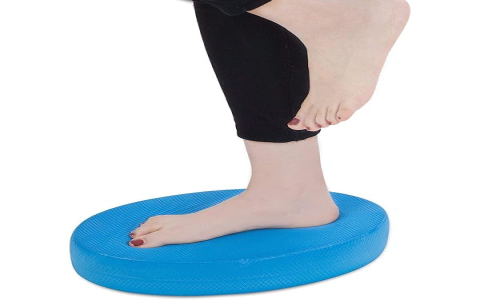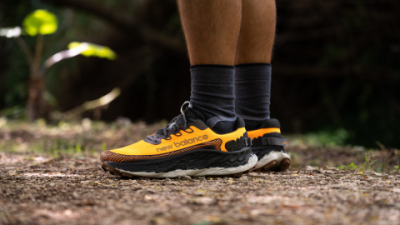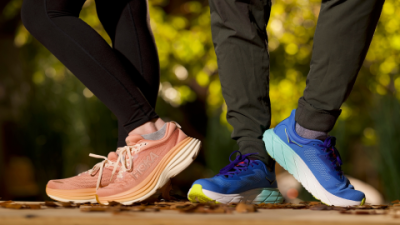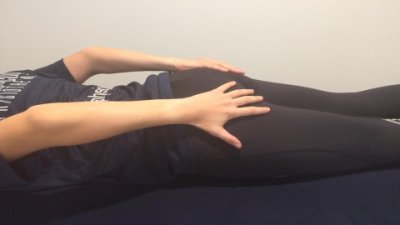Beginner’s Guide to Using a Balance Board Cushion
What Is a Balance Board Cushion?
A balance board cushion is a soft, inflatable pad that you can place on your balance board or directly on the floor. It adds a fun wobble to your workout, making your core muscles work harder to keep you steady. It’s a simple tool that helps you improve your balance, coordination, and stability—all while having a great time!
How It Helps Improve Balance and Core Strength
When you stand or move on the cushion, your body is constantly making tiny adjustments to keep you upright. This activates your core muscles, including your abs, lower back, and hips, helping you build strength and control. Think of it as a mini workout for your middle body every time you use it!
Easy Beginner Exercises to Try
- Standing Balance: Stand on the cushion with your feet hip-width apart and hold for 20- seconds.
- Mini Squats: Slightly bend your knees while balancing, and do slow reps.
- Gentle Twists: Slowly rotate your upper body while keeping your balance, repeating times.
- Seated Balance: Sit on the cushion and lift one foot off the ground for seconds, then switch sides.
Tips for Safe and Effective Use
- Warm up with some light stretches before you start.
- Keep your knees soft, not locked, to better absorb the wobble.
- Start slow and gradually increase your time on the cushion.
- Use the cushion on a flat, non-slip surface for safety.
Top Benefits of Using a Balance Board Cushion for Fitness
Why This Simple Tool Is a Fitness Game-Changer
1. Better Balance and Stability
Using a balance board cushion regularly trains your body to stay steady. This helps reduce your risk of falls and can improve your performance in sports like skateboarding, surfing, or dancing.
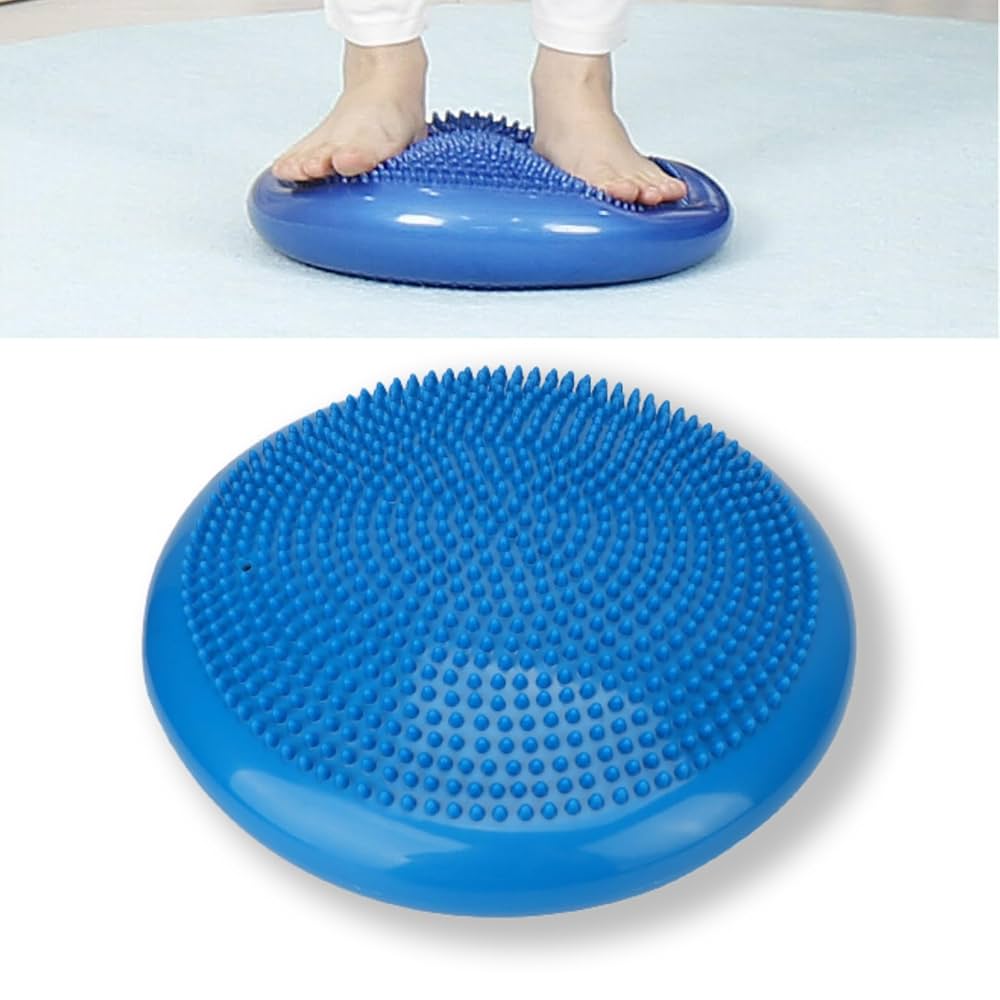
2. Stronger Core Muscles
The cushion targets your abs, lower back, and sides, helping you build a strong core. A powerful core means better posture and less back pain!
3. Improved Posture and Flexibility
Balancing on the cushion encourages your body to align properly. Plus, the gentle wobble helps increase your flexibility over time.
4. Lower Injury Risk
Strong stabilizer muscles protect your joints during everyday activities and workouts. Using the cushion helps build those muscles, which lowers the chance of sprains and strains.
How to Choose the Best Balance Board Cushion for You
Find the Cushion That Fits Your Style and Goals
What to Look For
- Material: Choose durable, non-slip, and easy-to-clean materials like PVC or rubber.
- Size: Pick a cushion that fits your balance board or the space where you’ll use it.
- Firmness: Softer cushions are great for beginners, while firmer ones offer more challenge for advanced users.
Popular Brands and Models
Brands like Airex, Gaiam, and TheraBand are well-known for quality and durability. Check out their reviews to see what fits your budget and needs.
Price vs. Quality
Sometimes spending a bit more means better comfort and longer-lasting cushions. Don’t just go for the cheapest option—think about what feels right for you.
What Other Users Say
Reading real user reviews about grip, comfort, and durability can help you make a smart choice.
Balance Board Cushion Workouts to Boost Core Strength
Fun Moves to Power Up Your Core
Warm-Up
Start with minutes of light cardio like jumping jacks or jogging in place, followed by gentle stretches for your legs, hips, and back.
Core-Focused Exercises
- Plank Holds: Place your hands or feet on the cushion and hold a plank for 20- seconds.
- Seated Balance Holds: Sit on the cushion and lift one foot off the floor, holding for seconds before switching.
- Leg Lifts: Stand on the cushion and lift one leg sideways or backward, doing reps per leg.
Progression Tips
- Beginners: Start with 5-minute sessions, three times a week.
- Intermediate: Increase to 10- minutes and add more challenging moves.
- Advanced: Aim for 20-minute sessions combining balance holds with dynamic exercises.
Cool-Down
Finish your workout with stretches focusing on your back, hips, and legs to keep soreness away and improve flexibility.
The Science Behind Balance Board Cushions
Why That Wobble Works Wonders
How Balance Training Works
Your muscles and joints have special sensors called proprioceptors that send signals to your brain to help you stay steady and react quickly. Balance training wakes these sensors up and makes them stronger.
Core Muscle Activation
The cushion creates an unstable surface, forcing your core muscles to stay engaged all the time. This constant work builds strength and endurance.
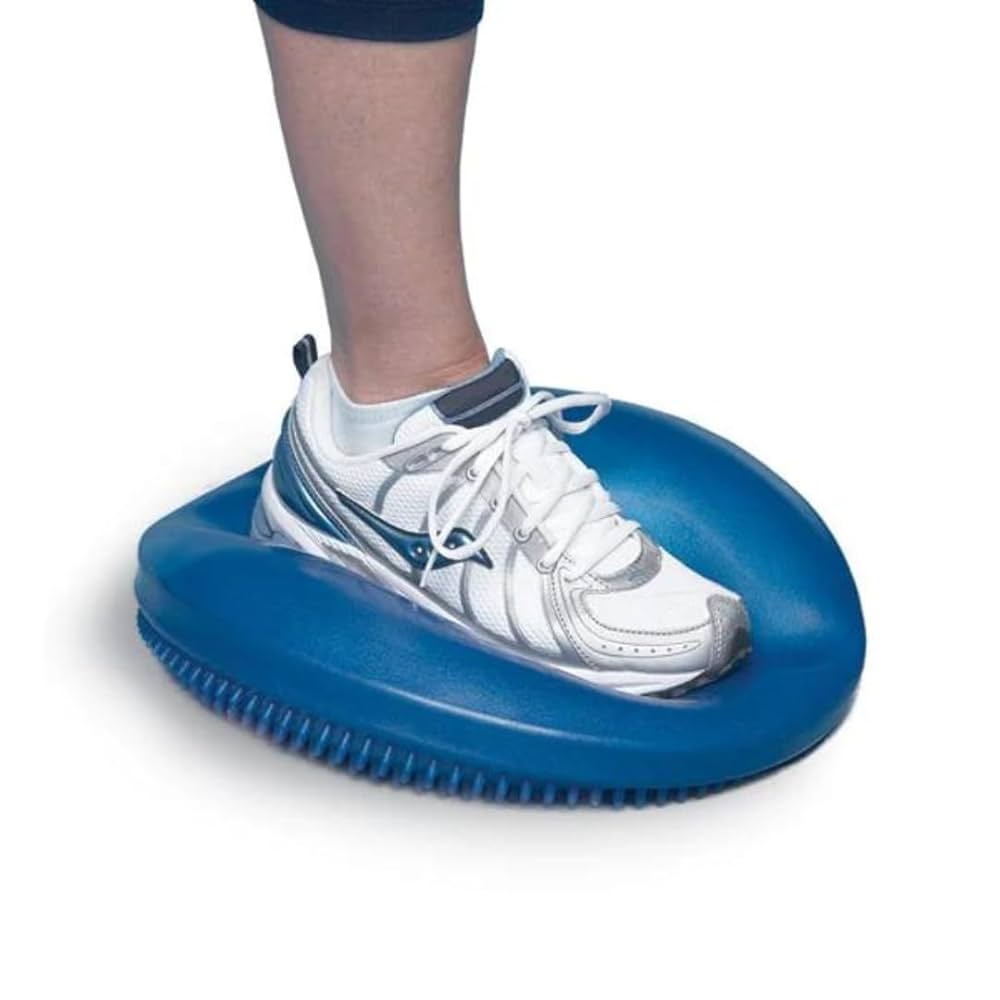
What Research Says
Studies show that regular balance training improves coordination, core strength, and even athletic skills. It’s an easy way to get fitter and more agile.
Everyday Benefits
Better balance means moving with more confidence—whether you’re walking on uneven ground, playing sports, or just standing longer without getting tired.
Balance Board Cushion vs. Traditional Balance Boards
Which One’s Right for You?
| Feature | Balance Board Cushion | Traditional Balance Board |
|---|---|---|
| Surface | Soft, inflatable, unstable | Hard, rigid, less forgiving |
| Joint Impact | Gentle on knees and ankles | Can be tougher on joints |
| Challenge Level | Adjustable by firmness | Usually more challenging |
| Best For | Beginners, rehab, low-impact workouts | Athletes, advanced balance training |
| Portability | Lightweight and easy to carry | Bulkier and heavier |
Many experts suggest using both tools to get a balanced workout that builds strength and stability safely.
How to Add a Balance Board Cushion to Your Daily Routine
Simple Ways to Boost Your Balance Every Day
Try These Easy Exercises at Home or Work
Stand on the cushion while brushing your teeth or doing light stretches at your desk. It’s a great way to sneak in balance training without extra time.
Use It While Sitting
Place the cushion on your chair to engage your core muscles while working or watching TV.
Make It a Habit
Set daily reminders to spend 5- minutes on balance exercises. The key is consistency!
Track Your Progress
Keep a journal or use a fitness app to note improvements in balance and strength. Celebrate every little win!
Common Mistakes to Avoid When Using a Balance Board Cushion
Stay Safe and Get the Best Results
Watch Your Posture
Don’t lock your knees or lean too far forward. Keep a slight bend in your knees and stand tall.
Don’t Overdo It
Start slow and listen to your body. Overtraining can lead to strain or injury.
Pay Attention to How You Feel
If you experience pain, dizziness, or discomfort, stop and rest.
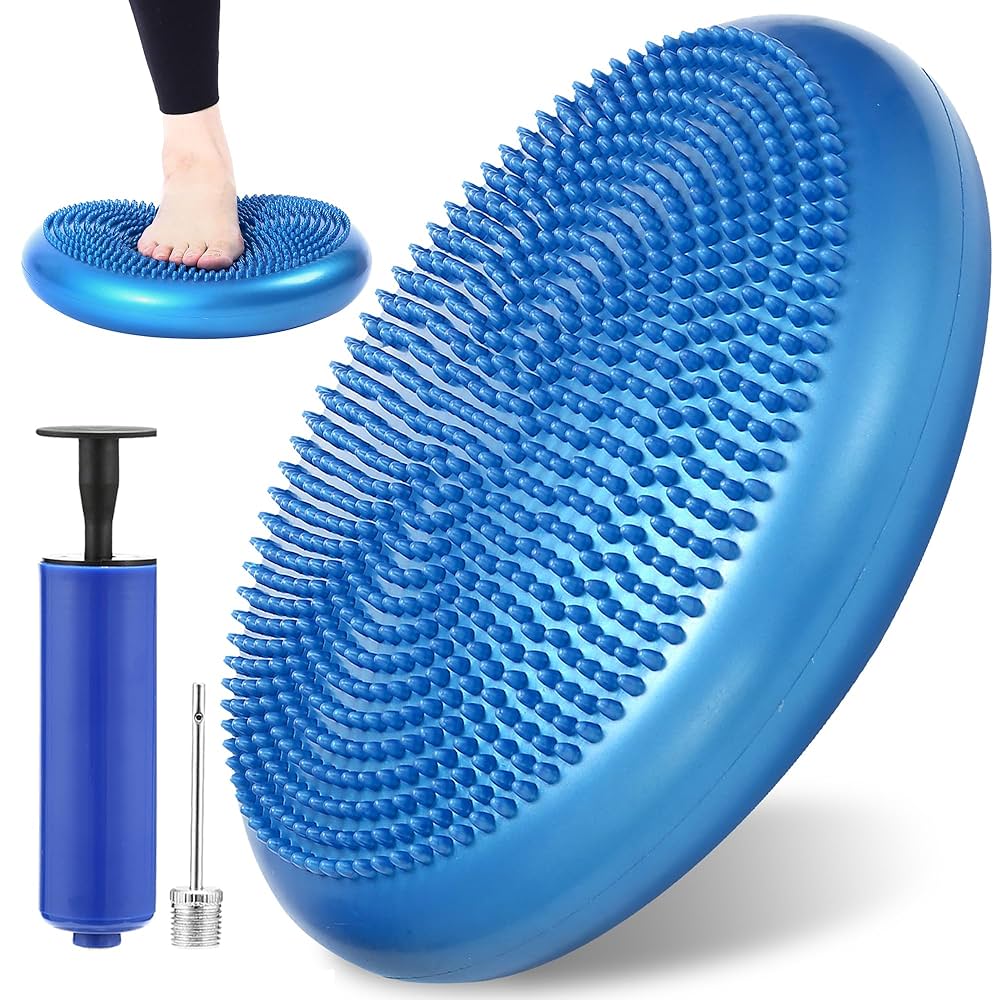
Safety Tips
Wear supportive shoes and practice on a cushioned floor or mat to reduce impact.
Real Stories: How a Balance Board Cushion Changed My Fitness
Inspiring Transformations from Everyday People
Success Stories
Many users say their balance improved, back pain eased, and confidence grew after using the cushion regularly.
Overcoming Challenges
Most beginners feel a bit shaky at first but quickly get better with practice and patience.
Favorite Moves
Planks, squats, and seated balance holds are some of the most loved and effective exercises.
Advice for Newbies
Be patient, stay consistent, and celebrate every bit of progress—no matter how small!
Using a Balance Board Cushion for Rehab and Physical Therapy
Helping You Recover and Get Stronger
Role in Recovery
Balance board cushions are great for rebuilding strength and stability after injuries like ankle sprains or back pain.
Rehab-Friendly Exercises
Gentle balance holds, ankle strengthening moves, and slow controlled shifts can help speed up recovery.
Working with Therapists
Many physical therapists recommend cushions as part of rehab plans to safely regain movement and strength.
Real-Life Rehab Success
Patients often report faster recovery, less pain, and better mobility when they use balance cushions regularly.
